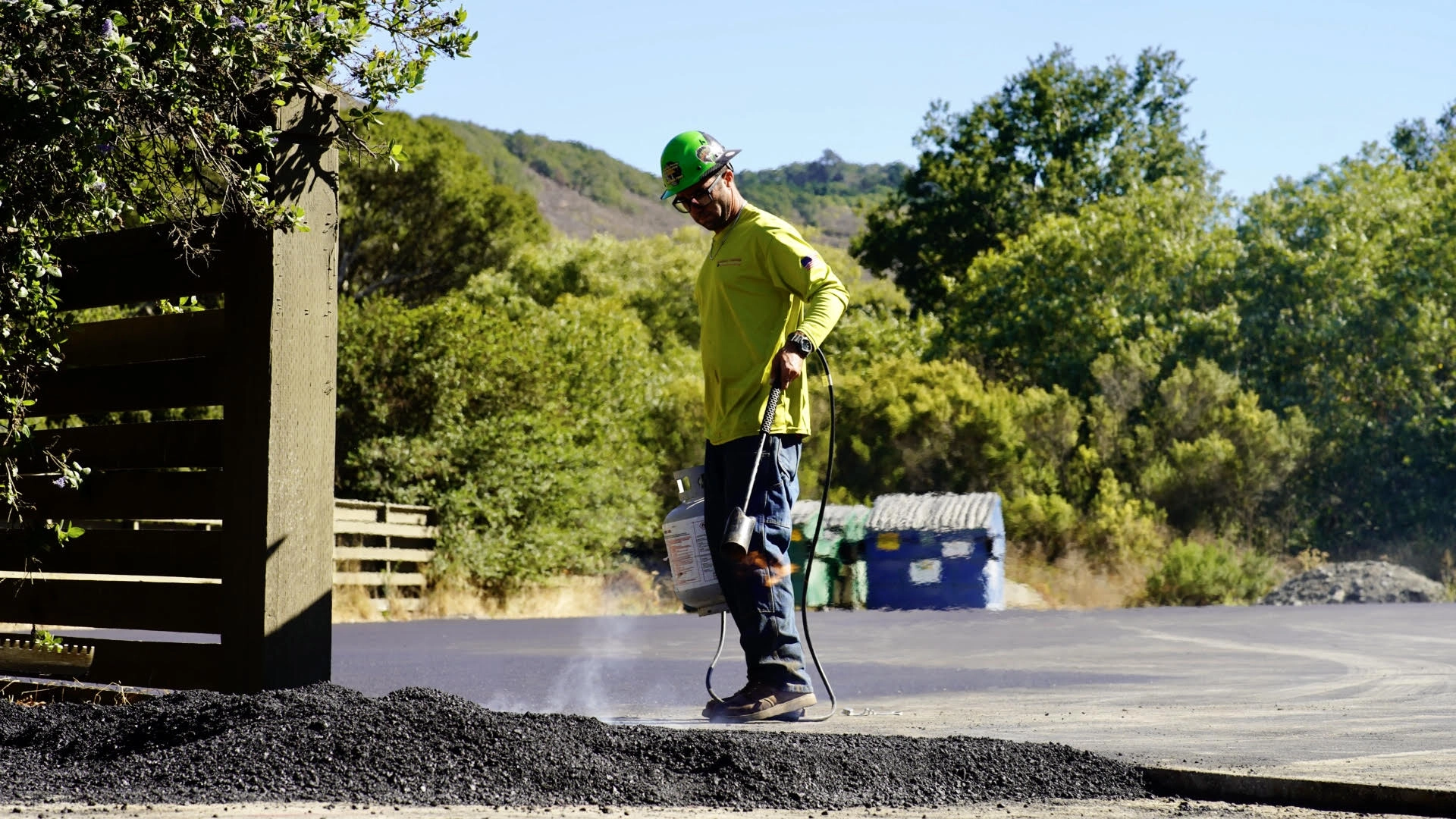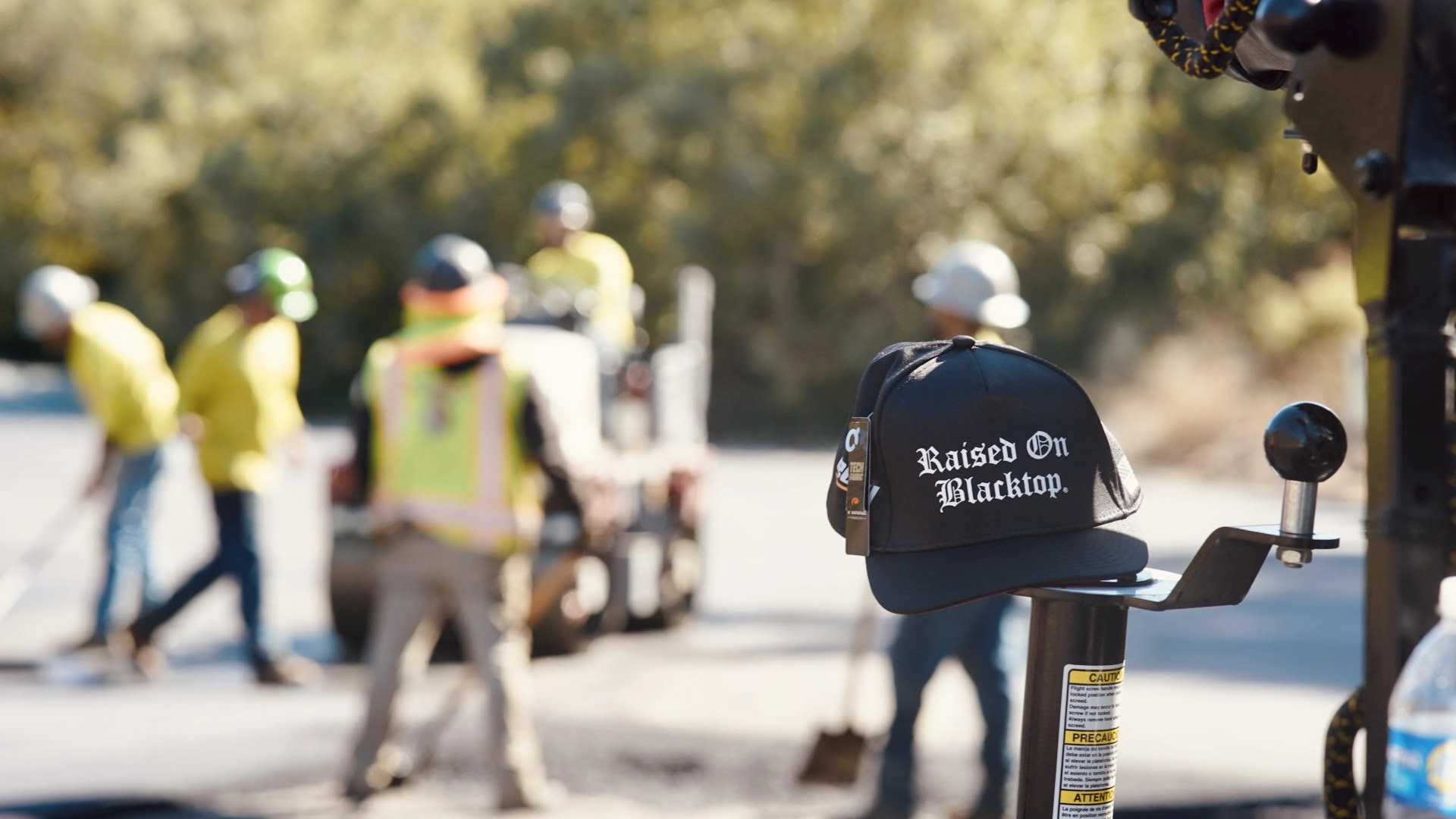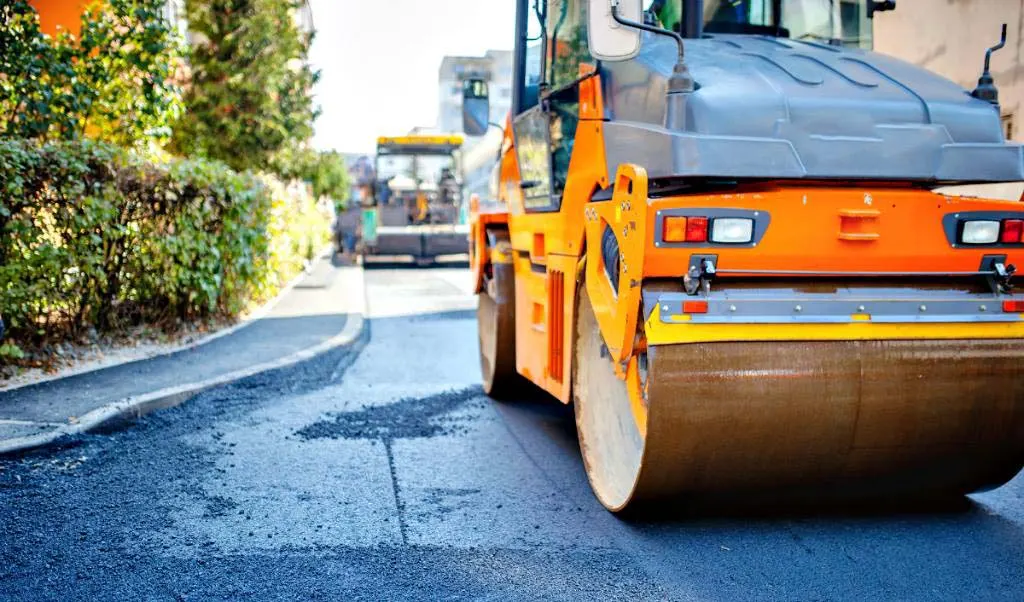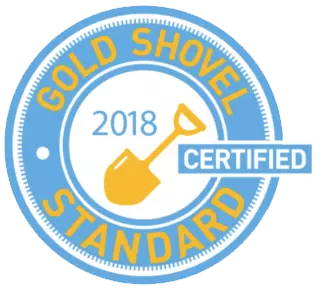
Asphalt is a popular choice for parking lots and driveways. It will be a durable surface that can survive the rigors of being driven over. In fact, asphalt paves over 94% of roadways. One aspect of having an asphalt surface is the maintenance that is required.
Part of that maintenance involves blacktop sealcoating. Asphalt without sealants will not last very long. Damaged asphalt has to be repaired or replaced, which leads to additional costs that will exceed the price of sealing the asphalt.








